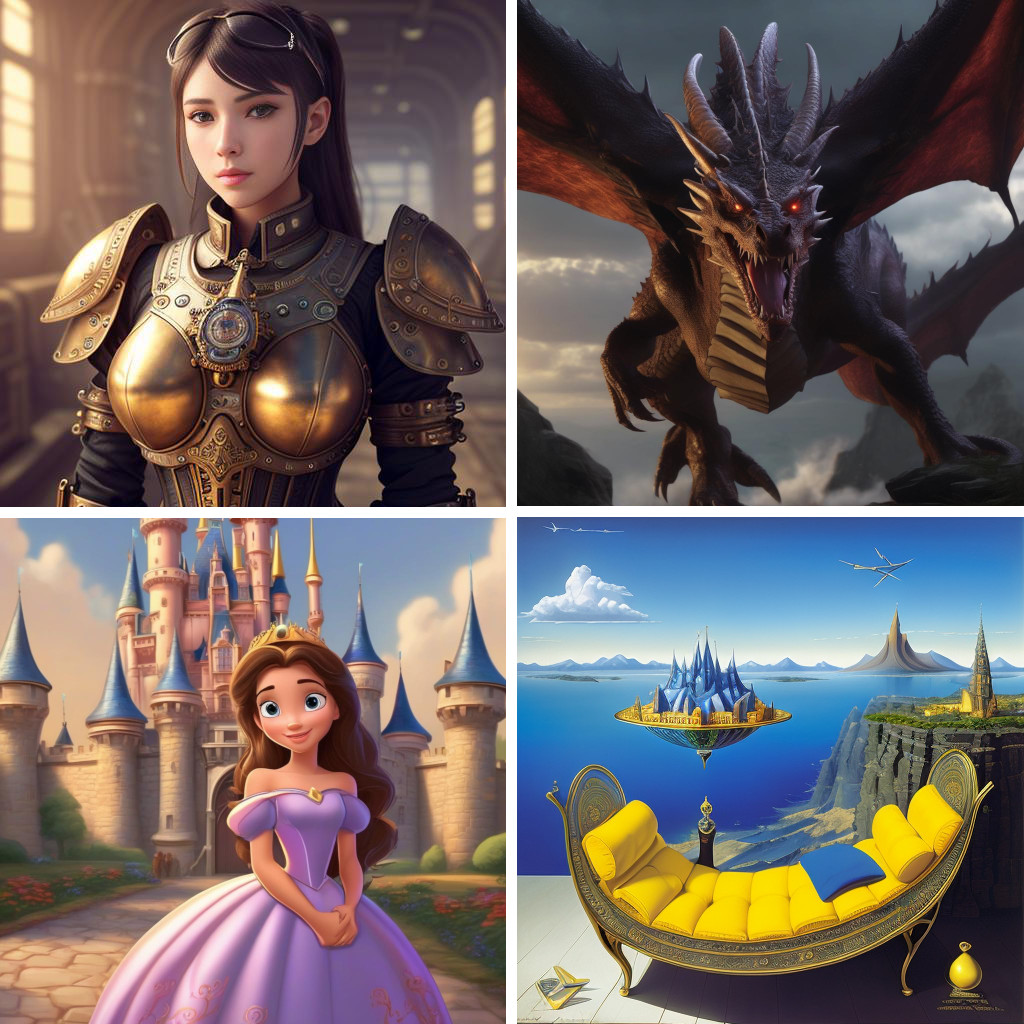There are lots of important things about AI image generators, such as:
Time-saving: Probably the most significant important things about AI image generators is the capability to save time. Rather than spending hours or even days creating a graphic yourself, AI image generators can generate high-quality images in a few minutes.
Cost-effective: AI image generators spend less by reduction of the requirement of human designers or artists. This can be particularly good for smaller businesses or startups with limited resources.

Creativity boost: AI image generators can inspire creativity by generating unique and unexpected images that human designers might not have looked at. This leads to new and innovative design ideas that may set a brand or product in addition to the competition.
Customization: AI image generators can be customized to build images that meet specific requirements or preferences. This is often particularly a good choice for businesses that require images with specific branding or elements of design.
Scalability: AI image generators can come up with a great number of images quickly and efficiently, causing them to be suitable for creating bulk of visual content for marketing, advertising, and other purposes.
Consistency: AI image generators can make images which might be consistent in fashion and quality, that can help establish a brand’s visual identity and improve overall brand recognition.
Accessibility: AI image generators could make visual articles readily available to folks who might possibly not have design or artistic skills. This may democratize the creative process and present lots more people the opportunity to create high-quality images.
Versatility: AI image generators works extremely well across a wide range of industries and applications, from fashion and gaming to healthcare and education. This versatility ensures they are a very important tool for businesses and individuals alike.
How can AI Image Generators Work?
AI image generators work through the use of machine learning algorithms to get new images according to a list of input parameters or conditions.
To be able to train the AI image generator, a large dataset of images can be used, which could include sets from paintings photos to 3D models and game assets. Ideally, the dataset needs to be different and representative of the pictures the AI image generator will generate.
The AI image generator will then be trained using ML algorithms that could gain knowledge from the patterns boasting seen in the dataset. In training, neural networks identify and extract specific features from images, for example shapes, textures, and colors.
After the AI image generator has become trained, it can generate new images using a list of input parameters or conditions. These parameters can include items like style, color, texture, and shape. The input parameters can be set by a user or dependant on the AI image generator itself.
The model uses the input parameters to create a new image. The task involves while using ML algorithms to mix and manipulate the options learned during training to generate a new image that meets the input parameters. This technique of generating a new image might be repeated several times within an iterative process to create variations or refine the look until it meets the actual required specifications.
Finally, the AI image generator outputs the generated image, which is often saved, edited, or utilized in in any manner the person sees fit.
In conclusion, AI image generators work by making use of ML algorithms to understand from large datasets of images and generate new images according to input parameters. The technology behind these models is constantly evolving, and it has the potential to rework how you create and consume visual content.
To learn more about ai generator take a look at our new net page






